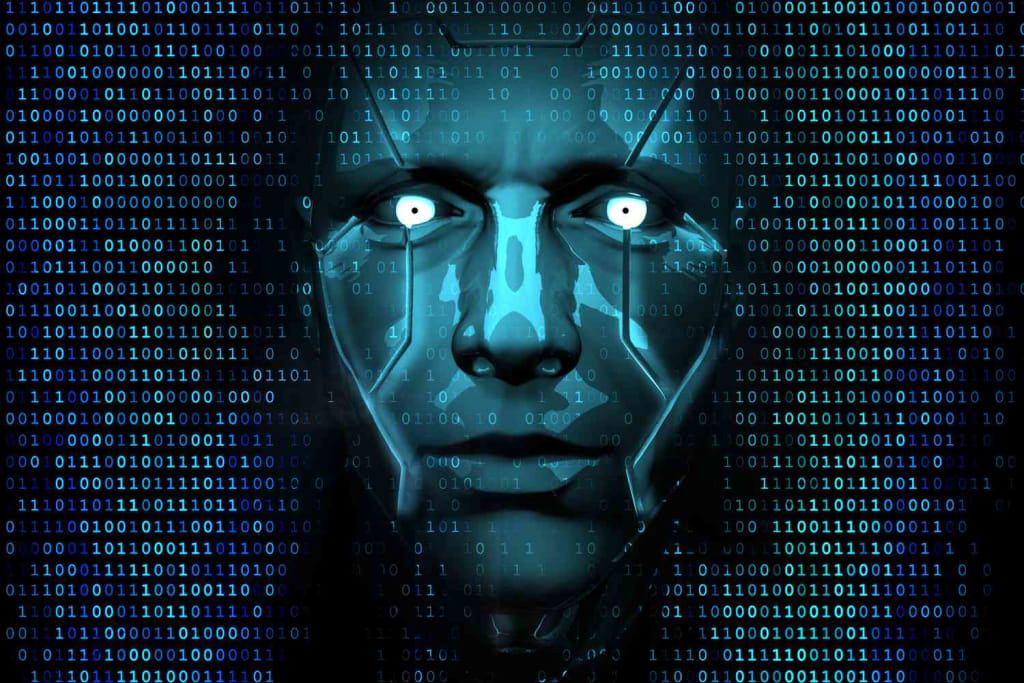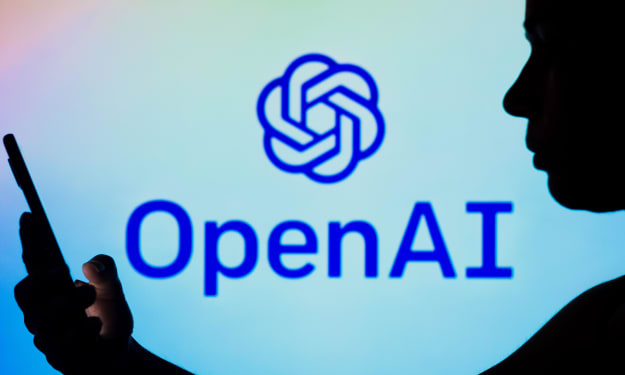Scary Predictions about AI
The Potential Dangers and Ethical Implications of Advanced AI Technology

Artificial intelligence (AI) has been around for decades, but it is only in recent years that it has gained widespread attention and recognition for its potential to revolutionize the world we live in. The use of AI has become ubiquitous in our daily lives, from the recommendations that we get on social media platforms to the virtual assistants that we use to control our smart homes.
The potential of AI is immense, and it is already being used in a variety of industries, from healthcare to finance, transportation to manufacturing. AI can be used to analyze large amounts of data, identify patterns, and make predictions with a level of accuracy that is beyond human capability.
However, with great power comes great responsibility, and there are some scary predictions about AI that we need to be aware of. One of the biggest fears surrounding AI is that it will replace human workers. Many jobs are at risk of automation, and some experts predict that AI will displace up to 800 million jobs by 2030. While AI can make certain tasks easier and more efficient, it's important to remember that machines can't replace human creativity and innovation.
Another concern is the use of AI in warfare. AI has already been used in military applications, such as drone strikes and autonomous weapons. As AI technology advances, the potential for autonomous weapons that can make decisions without human intervention increases. This raises ethical questions about the use of AI in warfare and the potential consequences of relying on machines to make life and death decisions.
The possibility of AI becoming smarter than humans is another scary prediction. While AI is currently limited to specific tasks, experts predict that it will eventually surpass human intelligence. This is known as the "singularity," a hypothetical point in time when AI becomes so advanced that it can improve itself at an exponential rate, leading to a level of intelligence that is beyond human comprehension. This scenario raises questions about what will happen when machines become smarter than their creators.
AI also has the potential to monitor and analyze vast amounts of data, leading to concerns about mass surveillance. Governments and corporations could use AI to track people's movements, behavior, and even thoughts, creating a dystopian world where privacy is non-existent. This could have serious implications for our civil liberties and freedoms.
As AI becomes more prevalent, it will also become a target for hackers. Malicious actors could use AI to create deepfakes, spread disinformation, or even launch cyberattacks. This raises concerns about the security of AI systems and the potential consequences of AI being used for malicious purposes.
In order to address these concerns, it is important to consider the ethical and social implications of AI. This will require collaboration between researchers, policymakers, and the general public to ensure that AI is developed and used in a way that benefits everyone. For example, one potential solution to the problem of job displacement caused by AI is the implementation of a universal basic income, which would provide a basic level of financial security for all citizens.
In addition, transparency and accountability are crucial when it comes to the use of AI in warfare and mass surveillance. Governments and corporations should be held accountable for their use of AI, and there should be clear regulations in place to ensure that AI is used in a responsible and ethical manner.
Another important consideration is the need for diversity and inclusivity in the development of AI. AI systems are only as unbiased as the data they are trained on, and if that data is biased or incomplete, the AI system will be too. It is therefore important to ensure that the teams developing AI systems are diverse and inclusive, and that the data used to train these systems is representative of the population as a whole.
In conclusion, while AI has the potential to transform our world for the better, there are also some scary predictions about its future. As we continue to develop AI technology, it's important to consider





Comments
There are no comments for this story
Be the first to respond and start the conversation.